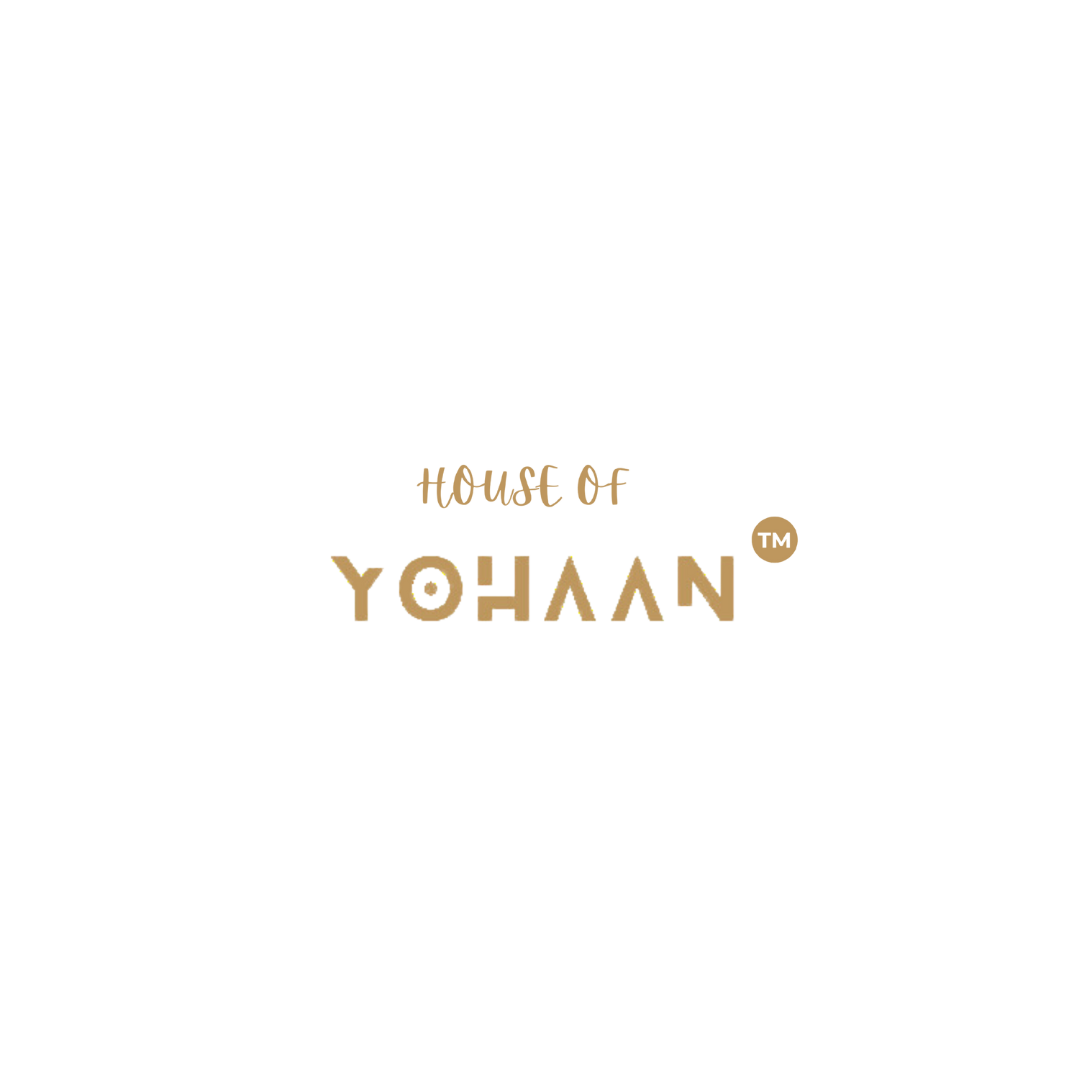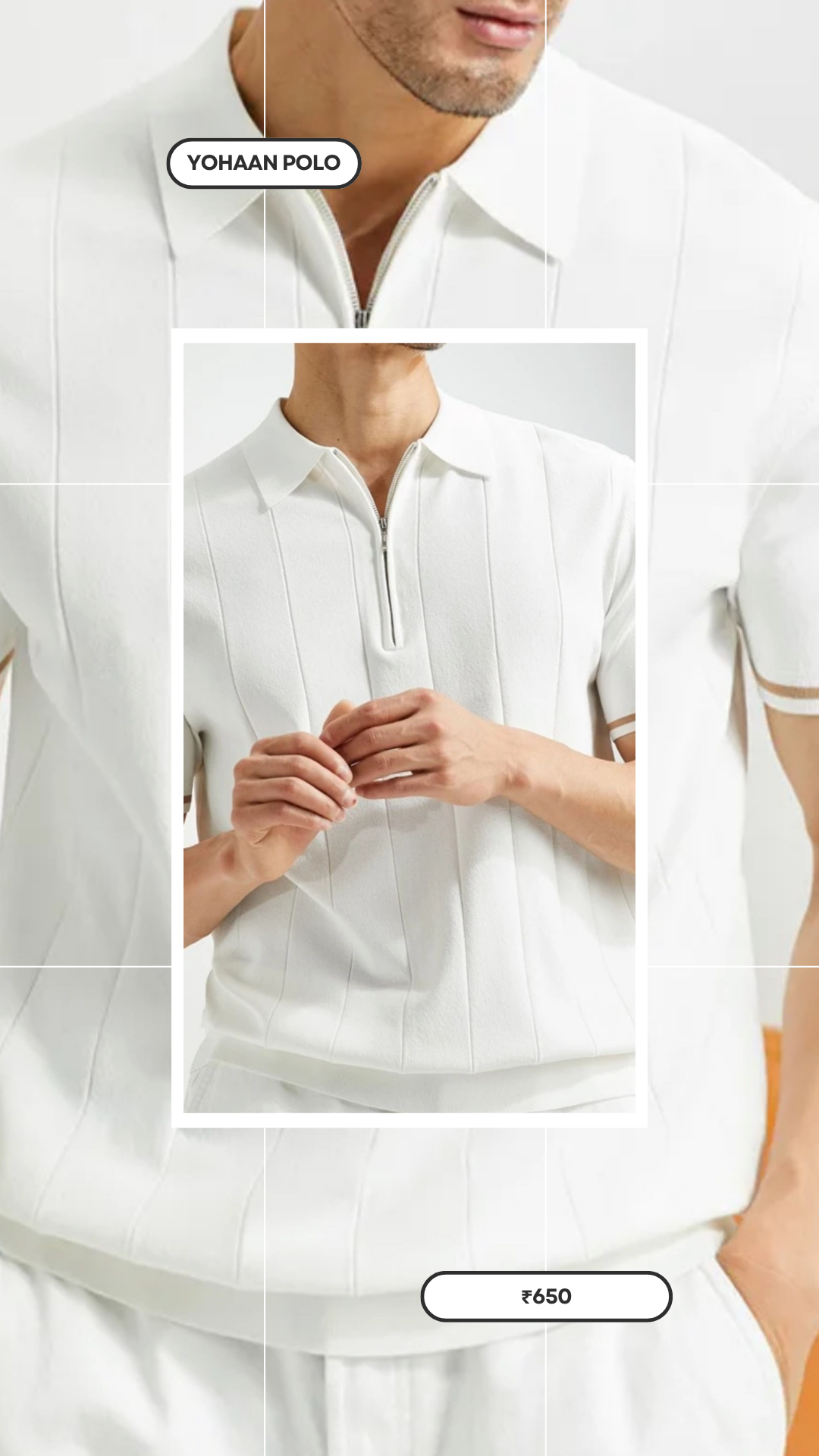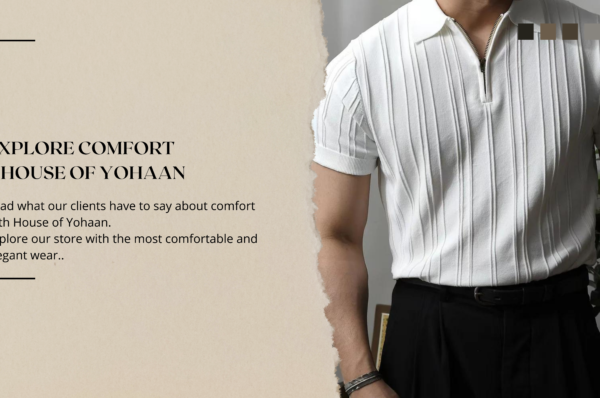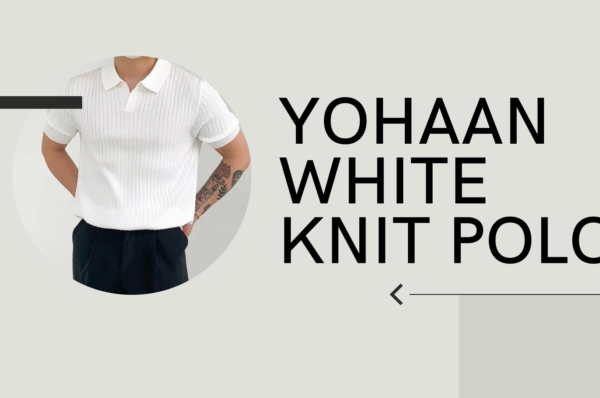What Makes House of Yohaan Stand Out from Its Competitors?
In the fiercely competitive fashion industry, House of Yohaan has distinguished itself as a brand that not only offers stylish apparel but also embodies values and practices that resonate deeply with modern consumers. Here’s a look at the key aspects that set House of Yohaan apart from its competitors:
**Sustainable Practices**
House of Yohaan is a pioneer in sustainable fashion. The brand’s commitment to environmental responsibility is evident in its use of eco-friendly materials, such as organic cotton, bamboo, and recycled polyester. They ensure that their production processes minimize waste and reduce carbon footprints. This dedication to sustainability appeals to eco-conscious consumers who prioritize ethical consumption.
**Innovative Design Philosophy**
House of Yohaan is known for its innovative design philosophy that merges contemporary fashion with timeless elegance. The brand’s collections feature bold prints, unique textures, and avant-garde silhouettes that stand out in any wardrobe. By consistently pushing the boundaries of design, House of Yohaan attracts fashion-forward individuals who seek to make a statement with their attire.
**Superior Craftsmanship**
The craftsmanship at House of Yohaan is second to none. Each garment is meticulously crafted with precision and care, ensuring high quality and durability. The brand collaborates with skilled artisans who bring their expertise and traditional techniques to the modern fashion landscape. This focus on quality craftsmanship ensures that each piece is not only beautiful but also built to last.
**Personalized Customer Experience**
House of Yohaan offers a personalized shopping experience that enhances customer satisfaction. Their customization services allow customers to tailor garments to their specific needs, from adjusting the fit to selecting unique color options. This bespoke approach ensures that each customer feels special and receives a product that truly reflects their personal style.
**Inclusivity and Diversity**
Inclusivity is a core value at House of Yohaan. The brand offers a wide range of sizes and styles to cater to diverse body types and fashion preferences. By promoting body positivity and ensuring that their clothing is accessible to all, House of Yohaan fosters a sense of community and belonging among its customers.
**Ethical Transparency**
Transparency is a hallmark of House of Yohaan’s business model. The brand is open about its supply chain, production processes, and labor practices, providing customers with insight into how their clothing is made. This ethical transparency builds trust and loyalty among consumers who value honesty and integrity in the brands they support.
**Compelling Brand Story**
House of Yohaan’s brand story is rich and compelling, capturing the imagination of its audience. The brand often shares the inspirations behind their designs, the journeys of their artisans, and the impact of their sustainability initiatives. This narrative-driven approach not only enhances the brand’s appeal but also creates an emotional connection with customers.
**Social Responsibility**
House of Yohaan is dedicated to making a positive impact beyond fashion. The brand engages in various social responsibility initiatives, partnering with charities and organizations to support causes such as education, environmental conservation, and social justice. By giving back to the community, House of Yohaan aligns its business practices with its values, inspiring customers to join in their mission.
House of Yohaan stands out from its competitors through its unwavering commitment to sustainability, innovative design, superior craftsmanship, personalized customer experience, inclusivity, ethical transparency, compelling brand story, and social responsibility. These elements combine to create a brand that not only delivers exceptional fashion but also embodies the values and principles that matter most to today’s discerning consumers. Whether you’re looking for unique, high-quality apparel or a brand that aligns with your ethical standards, House of Yohaan is a name that truly stands out in the fashion industry.
HEALTHY COMPARISON
House of Yohaan vs. H&M, Zara, and Rare Rabbit: A Comparison
House of Yohaan distinguishes itself from H&M, Zara, and Rare Rabbit through its commitment to sustainability, innovative designs, superior craftsmanship, personalized shopping experience, inclusivity, ethical practices, and engaging brand story. House of Yohaan places a strong emphasis on eco-friendly practices, using organic cotton and recycled materials, and implementing production methods that minimize environmental impact. In contrast, while H&M and Zara have made efforts toward sustainability with their respective Conscious Collection and eco-friendly initiatives, they are still part of the fast fashion industry, which faces challenges related to overproduction and waste. Rare Rabbit, on the other hand, focuses on premium fashion with some sustainable practices but does not emphasize environmental responsibility as strongly as House of Yohaan.
When it comes to design, House of Yohaan is known for its bold and unique creations that blend modern trends with timeless elegance, attracting fashion-forward individuals. H&M offers a wide range of trendy and affordable clothing, frequently updating its collections to stay current with fashion trends, while Zara is renowned for its ability to quickly turn the latest fashion trends into affordable products, maintaining a constantly updated collection. Rare Rabbit targets a more niche market with stylish and sophisticated designs, appealing to those who seek premium quality and contemporary fashion.
In terms of craftsmanship, House of Yohaan stands out with its meticulous attention to detail, ensuring high-quality and durable clothing. H&M, being a fast fashion brand, often has inconsistent quality that reflects its affordable price point. Zara generally provides good quality for its price, but its fast production cycles can sometimes affect the longevity of its products. Rare Rabbit is known for high-quality materials and craftsmanship, catering to a more premium market with an emphasis on durability and detail.
The personalized shopping experience offered by House of Yohaan allows customers to tailor garments to their specific preferences, enhancing the personal touch. In contrast, H&M and Zara focus on mass production without customization options, although they provide a wide range of styles and sizes. Rare Rabbit, while not offering customization, provides a curated shopping experience with a focus on premium quality and sophisticated styles.
Inclusivity is another area where House of Yohaan excels, offering a wide range of sizes and styles to cater to diverse body types and fashion preferences. H&M is known for its inclusive sizing and broad range of styles, making fashion accessible to a wide audience. Zara offers various styles and sizes but has faced criticism for not being as inclusive as some competitors. Rare Rabbit, targeting a specific customer demographic, offers a more limited range of sizes and styles.
Ethical practices and transparency are hallmarks of House of Yohaan, with the brand being open about its supply chain and production processes, building trust with consumers who value honesty and integrity. H&M and Zara have made strides towards transparency, releasing sustainability reports and implementing ethical practices, but they still face scrutiny due to their fast fashion models. Rare Rabbit maintains a reputation for ethical practices within its premium market segment but is less vocal about its transparency compared to House of Yohaan.
Finally, House of Yohaan’s strong emphasis on storytelling and community engagement sets it apart. The brand shares the inspiration behind its designs and the stories of its artisans, creating a deeper connection with customers. H&M focuses on broad marketing campaigns and collaborations with designers and celebrities, with some community engagement through sustainability efforts. Zara is known for its trend-driven marketing approach and strong brand recognition, with less focus on storytelling. Rare Rabbit appeals to a niche audience with a focus on brand quality and sophistication, engaging in community initiatives but not as prominently as House of Yohaan.
In summary, while H&M, Zara, and Rare Rabbit each have their unique strengths, House of Yohaan stands out for its dedication to sustainability, innovative and high-quality designs, personalized shopping experience, inclusivity, ethical transparency, and engaging brand story. These qualities make House of Yohaan a compelling choice for consumers who value not just style but also sustainability and ethical fashion practices.




